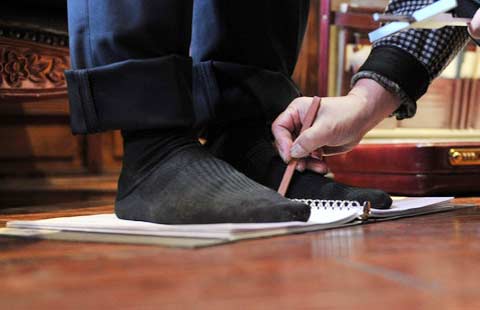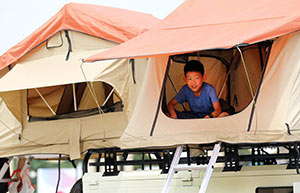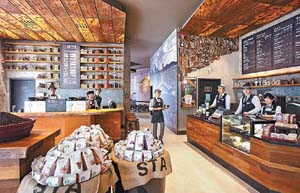Air travelers can expect better mobile services
By Wang Wen (China Daily) Updated: 2014-06-02 07:14Compared with the new satellites, the current satellite solution is less certain, as a result of satellites moving from area to area, Jack Jacobs, Honeywell Aerospace's vice president of marketing and product management, said. Once the new satellites are in place, the cost of the satellite service will be lower too, he said.
Under Honeywell and Inmarsat's agreement, the US technology company will exclusively develop, produce and distribute onboard hardware to allow mobile-device users to connect to Inmarsat's GX constellation network.
"The advantage of GX Aviation is not just its satellites," said Brian Davis, vice president, Asia Pacific, Airlines, Honeywell Aerospace. It's "also for the global and high-speed communication network."
Being able to connect at higher speed to the network while in flight will open opportunities industry wide. Honeywell showed related research applications at its international media day on May 21.
The satellite system can be used elsewhere, said Vamsi Gundluru, Honeywell's marketing and product manager of cockpit systems. It can provide real-time data to a maintenance center when the airplane is flying and show the flight path to passengers. The company will continue to further cut costs and increase speed, he added.
Mid-air, online surfing is not new. Boeing Co developed its Connexion system for it in 2004.
The Seattle, Washington-based aircraft builder promoted its service with German airline Lufthansa AG at the time. The program closed after two years due to costs and low market growth.
It costs over $1 million to put the Connexion system into an aircraft and Boeing invested more than $1 billion in the project.
Companies such as Gogo, OnAir and Lake Forest, California-based Panasonic Avionics Corp, also provide in-flight connectivity services to airlines.
They may talk with Honeywell about possible cooperation on GX Aviation technology.
A Honeywell survey showed almost 90 of respondents from the US, UK and Singapore would change in-flight mobile service providers if they could.
Honeywell estimates that in 20 years it can get $2.8 billion from in-flight mobile services.
"You cannot ignore the new service, when the passengers need it," Bas Gerressen, general manager of Air France-KLM Group, said. The company started to offer the service in May 2013.
He said the future of the service is bright, although it still needs time to develop.
|
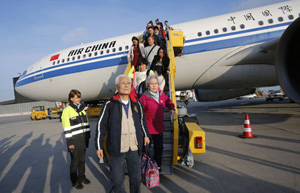 |
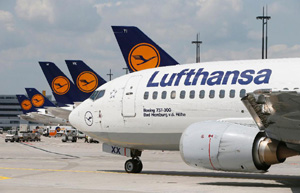 |
| Air China starts route from Beijing to Barcelona |
- Direct air route links Tianjin, Russia's Moscow
- China to add R&D spending in GDP
- Xiaomi sees 271% rise in smartphones sales
- Craiglist-like Ganji transfers business to Tianjin
- More economic interactions needed in China-Russia relations
- US Lew urges China to appreciate yuan, open investment market
- LG Chem signs MOU to build China EV battery plant
- China Eastern turns Beijing unit into budget carrier




